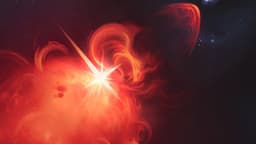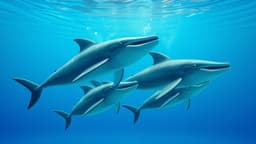Home / Environment / Vanishing Species Threaten Humanity's Future
Vanishing Species Threaten Humanity's Future
14 Nov
Summary
- Declining biodiversity impacts human health, safety, and food supply
- Bees, frogs, bats, and wolves provide vital services to protect people
- Urgent need to address climate change, habitat loss to save species
In November 2025, scientists are sounding the alarm about the dire consequences of vanishing species for humanity's future. While the public has long lamented the decline of iconic animals like polar bears and rhinos, new research reveals just how much the loss of biodiversity impacts human health, safety, and food supply.
Many of the ways nature helps protect people are not immediately obvious. For example, bees play a crucial role in pollinating crops, while frogs deter the spread of malaria. Bats reduce the need for harmful pesticides, and wolves actually guard motorists from car accidents. Even vultures provide a vital service by preventing the spread of diseases from dog bites and rabies.
However, these natural safeguards are rapidly disappearing due to climate change, habitat destruction, and other human-driven factors. Urgent action is needed to address these root causes and preserve the delicate balance of ecosystems that sustain life on Earth. Failing to do so could have catastrophic consequences for the future of humanity.




